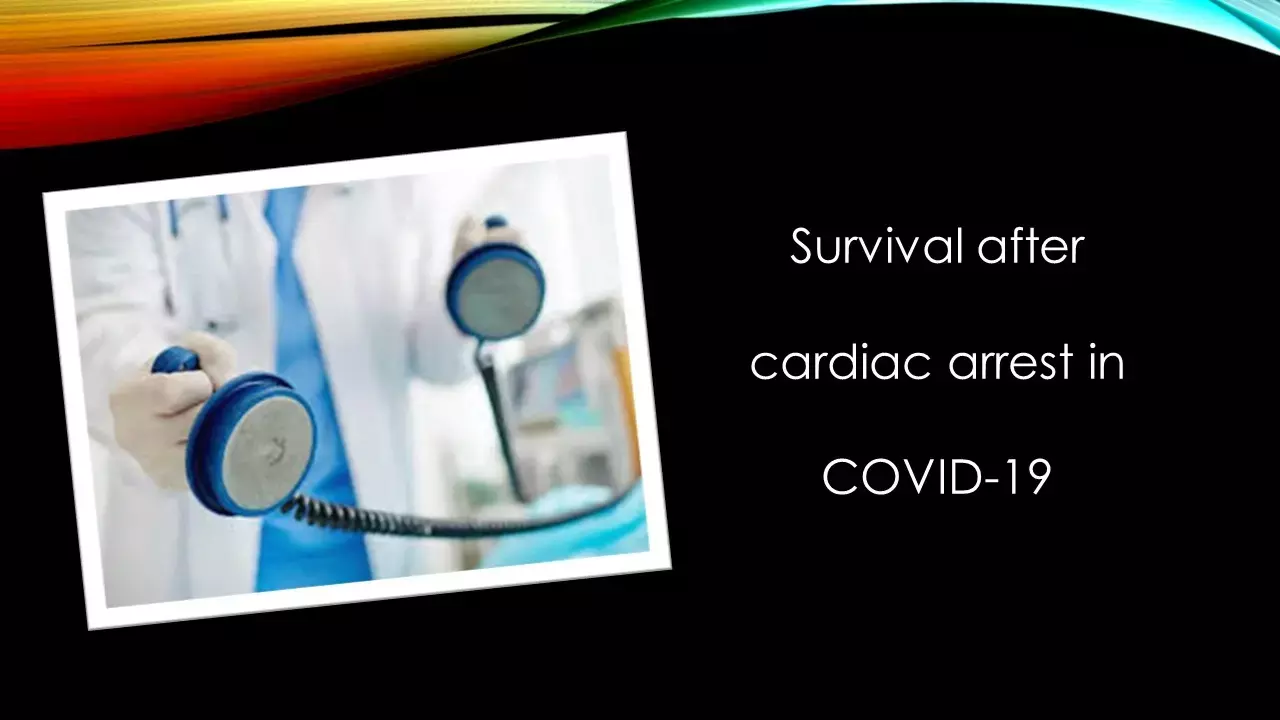- Home
- Medical news & Guidelines
- Anesthesiology
- Cardiology and CTVS
- Critical Care
- Dentistry
- Dermatology
- Diabetes and Endocrinology
- ENT
- Gastroenterology
- Medicine
- Nephrology
- Neurology
- Obstretics-Gynaecology
- Oncology
- Ophthalmology
- Orthopaedics
- Pediatrics-Neonatology
- Psychiatry
- Pulmonology
- Radiology
- Surgery
- Urology
- Laboratory Medicine
- Diet
- Nursing
- Paramedical
- Physiotherapy
- Health news
- Fact Check
- Bone Health Fact Check
- Brain Health Fact Check
- Cancer Related Fact Check
- Child Care Fact Check
- Dental and oral health fact check
- Diabetes and metabolic health fact check
- Diet and Nutrition Fact Check
- Eye and ENT Care Fact Check
- Fitness fact check
- Gut health fact check
- Heart health fact check
- Kidney health fact check
- Medical education fact check
- Men's health fact check
- Respiratory fact check
- Skin and hair care fact check
- Vaccine and Immunization fact check
- Women's health fact check
- AYUSH
- State News
- Andaman and Nicobar Islands
- Andhra Pradesh
- Arunachal Pradesh
- Assam
- Bihar
- Chandigarh
- Chattisgarh
- Dadra and Nagar Haveli
- Daman and Diu
- Delhi
- Goa
- Gujarat
- Haryana
- Himachal Pradesh
- Jammu & Kashmir
- Jharkhand
- Karnataka
- Kerala
- Ladakh
- Lakshadweep
- Madhya Pradesh
- Maharashtra
- Manipur
- Meghalaya
- Mizoram
- Nagaland
- Odisha
- Puducherry
- Punjab
- Rajasthan
- Sikkim
- Tamil Nadu
- Telangana
- Tripura
- Uttar Pradesh
- Uttrakhand
- West Bengal
- Medical Education
- Industry
COVID -19 infection negatively impacts survival of resuscitated cardiac arrest patients: JAMA.

There have been discussions about universal do-not-resuscitate (DNR) orders for patients with COVID-19 as the survival in this class of patients has been dismal. Poor survival rates as low as <3% have been reported previously. In a recent cohort study by Girotra et al COVID-19 infection has been found to be associated with a one-third lower rate of overall survival and is accompanied by a 30% increased rate of delayed defibrillation in shockable in-hospital cardiac arrest (IHCA). These findings were recently published in JAMA Cardiology.
Whether the poor IHCA survival rate reported in earlier studies is broadly representative of patients with COVID-19 in US hospitals remains unknown. The current study examined the association of COVID-19 infection with survival outcomes of US adults after IHCA.
This study included 24 915 patients with IHCA from 286 hospitals who had a mean age of 64.7 years. A suspected or confirmed COVID-19 infection was present in 23.7% of patients. The comparison between COVID-19 infected and non-infected patients generated the following findings:
1. Patients with COVID-19 were younger, and more likely to have an initial nonshockable rhythm, pneumonia, respiratory insufficiency, or sepsis and be receiving mechanical ventilation and vasopressors at the time of IHCA.
2. These patients were also likely to have lower rates of survival to discharge (11.9% vs 23.5%) and return of spontaneous circulation (ROSC) (53.7% vs 63.6%).
3. COCID-19 infected patients were also more likely to have received delayed defibrillation.
4. The association between COVID-19 infection and worse survival outcomes was consistent for patients with nonsurgical diagnoses, patients in the ICU, and patients who had received timely defibrillation or epinephrine treatment.
"Although delays in resuscitation, especially defibrillation, may have contributed to lower survival, the negative association of COVID-19 with survival in this study was consistent across subgroups, including patients who received timely treatment with defibrillation and epinephrine", note the authors.
Should DNR be the norm for COVID-19 IHCA survivors?
"Because IHCA survival among patients with COVID-19 in this study was not as poor as reported previously, we believe that COVID-19 infection alone should not be used as a criterion for withholding resuscitation care from hospitalized patients", argue the authors.
As new variants emerge, future studies will be needed to assess the ongoing impact of COVID-19 infection on IHCA survival.
Source: JAMA Cardiology: doi:10.1001/jamanetworkopen.2022.0752
MBBS, MD , DM Cardiology
Dr Abhimanyu Uppal completed his M. B. B. S and M. D. in internal medicine from the SMS Medical College in Jaipur. He got selected for D. M. Cardiology course in the prestigious G. B. Pant Institute, New Delhi in 2017. After completing his D. M. Degree he continues to work as Post DM senior resident in G. B. pant hospital. He is actively involved in various research activities of the department and has assisted and performed a multitude of cardiac procedures under the guidance of esteemed faculty of this Institute. He can be contacted at editorial@medicaldialogues.in.
Dr Kamal Kant Kohli-MBBS, DTCD- a chest specialist with more than 30 years of practice and a flair for writing clinical articles, Dr Kamal Kant Kohli joined Medical Dialogues as a Chief Editor of Medical News. Besides writing articles, as an editor, he proofreads and verifies all the medical content published on Medical Dialogues including those coming from journals, studies,medical conferences,guidelines etc. Email: drkohli@medicaldialogues.in. Contact no. 011-43720751


